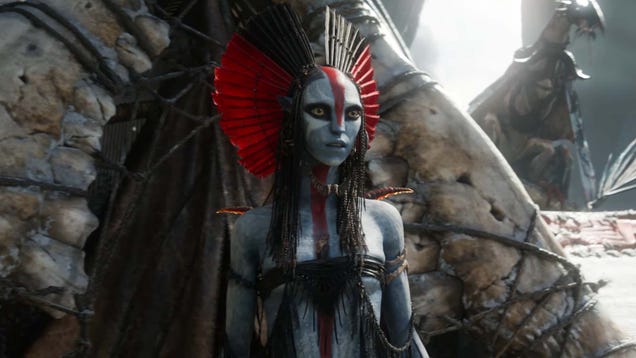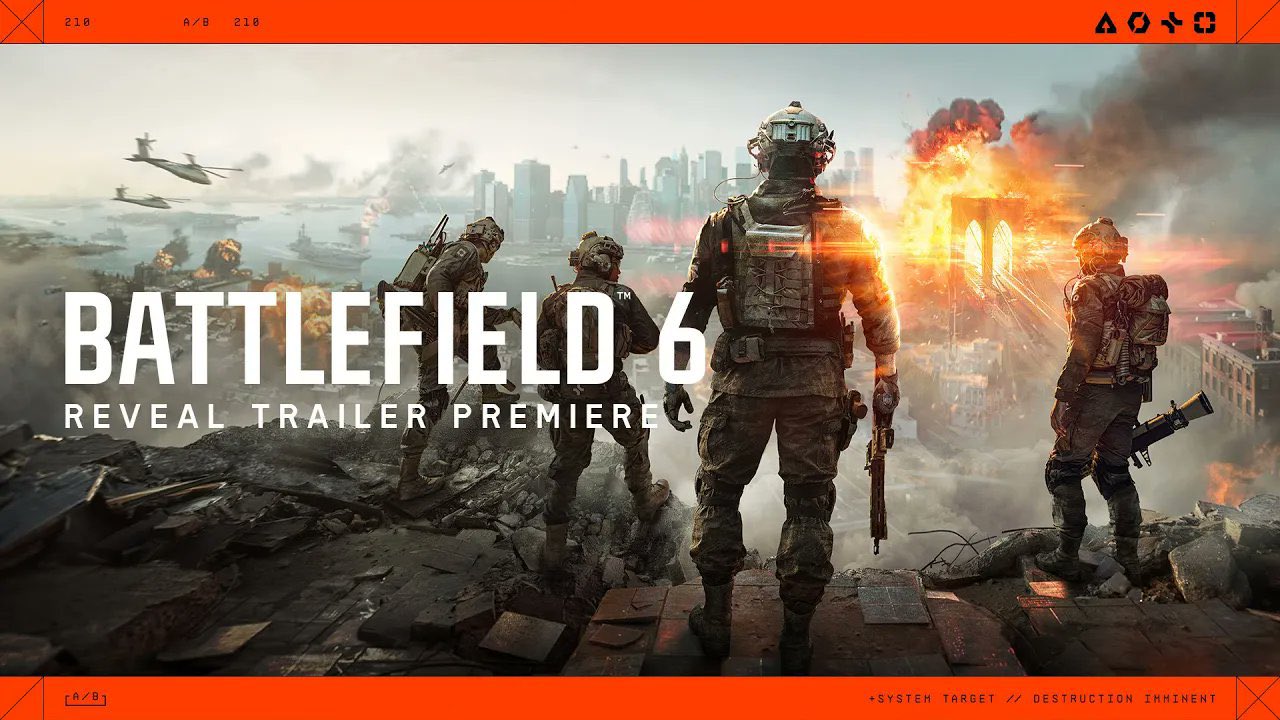¡Hola, amigos! Hoy quiero compartir con ustedes algo emocionante: "It: Welcome to Derry" nos está contando la historia de Pennywise, ¡pero en reversa! Este giro inesperado promete llevarnos a un viaje alucinante a través del universo de Stephen King.
Mientras nos acercamos a una avalancha de adaptaciones increíbles, hay tanto que explorar. Desde "The Institute" en MGM+ hasta "The Life of Chuck" en cines, ¡las sorpresas no paran! Prepárense para disfrutar de tráilers de "The Running Man" y "The Long Walk", y no olviden la llegada de "The Monkey"
Mientras nos acercamos a una avalancha de adaptaciones increíbles, hay tanto que explorar. Desde "The Institute" en MGM+ hasta "The Life of Chuck" en cines, ¡las sorpresas no paran! Prepárense para disfrutar de tráilers de "The Running Man" y "The Long Walk", y no olviden la llegada de "The Monkey"
¡Hola, amigos! 🌟✨ Hoy quiero compartir con ustedes algo emocionante: "It: Welcome to Derry" nos está contando la historia de Pennywise, ¡pero en reversa! 🎈💫 Este giro inesperado promete llevarnos a un viaje alucinante a través del universo de Stephen King. 📚💖
Mientras nos acercamos a una avalancha de adaptaciones increíbles, hay tanto que explorar. Desde "The Institute" en MGM+ hasta "The Life of Chuck" en cines, ¡las sorpresas no paran! 🎥🍿 Prepárense para disfrutar de tráilers de "The Running Man" y "The Long Walk", y no olviden la llegada de "The Monkey"
1 Commentarii
0 Distribuiri
0 previzualizare



















